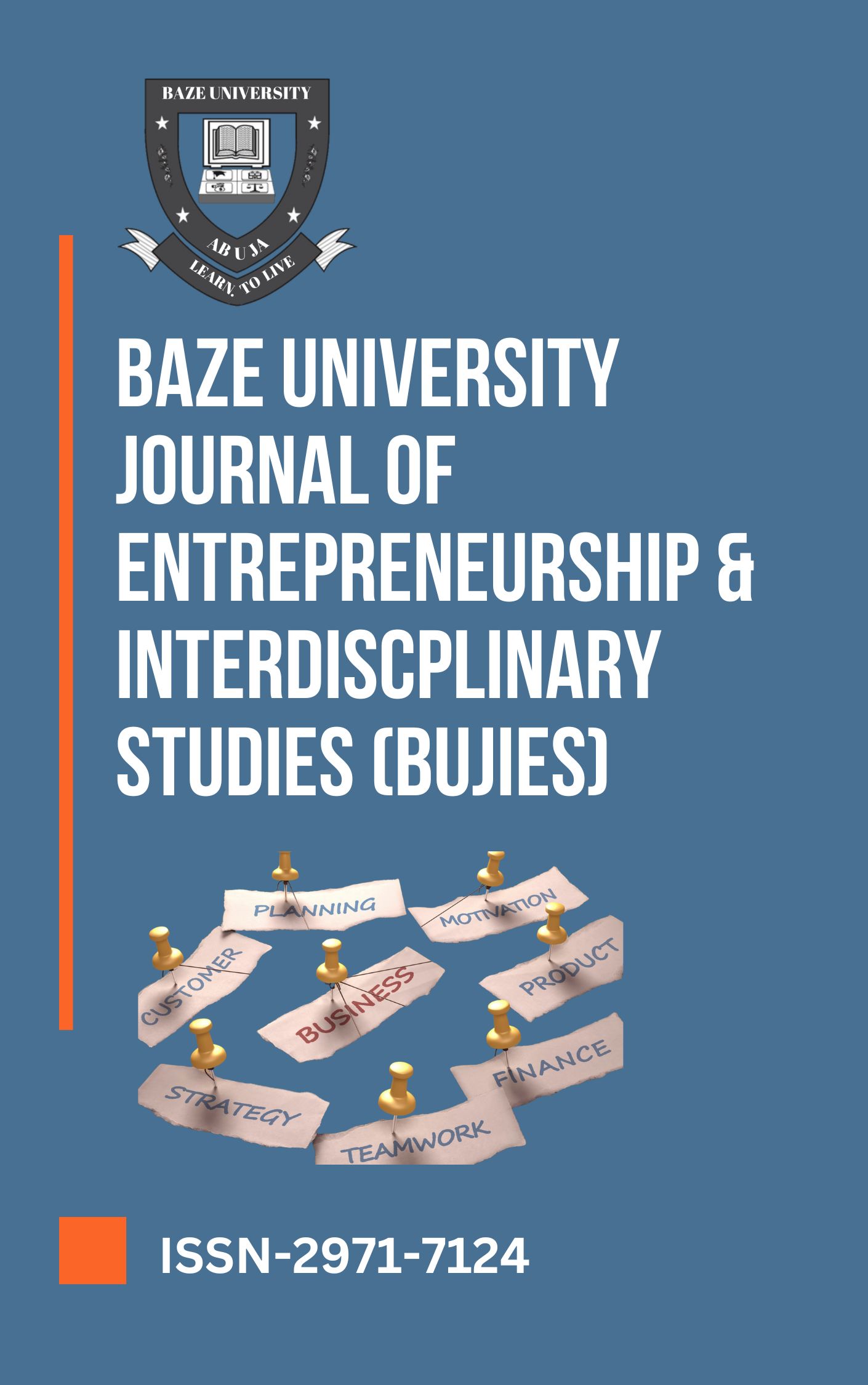Abstract
The objective of this study is to examine the determinants of voluntary tax compliance with particular reference to Nigeria. The research design is descriptive quantitative survey method. The population of study are members of staff of Caleb University, Lagos who are 215 in number and are income taxpayers. Primary data were collected from the respondents through questionnaire. The sample size of 140 taxpayers was selected by purposive random sampling technique, with proportional allocation from the different strata being kept proportional to the sizes of the strata. The data were analysed using discriminant regressive technique. The results showed that at p<0.05, Tax System (f test of 2.553, p value of 0.012), Trust in government (p value of 0.023), Fairness/ openness (f test of 11.1444, p value of 0.02), Perceptions of Government spending (f test of 3.572, p value of 0.067) and Government accountability (f test of 1.465, p value of 0.234) are key predictors of voluntary tax compliance in Nigeria. The study therefore concluded that tax system, perceived marginal benefit, trust in governance, government spending and government accountability are determinants of voluntary tax compliant in Nigeria. It is therefore recommended that the tax system should be fair and open in all aspects, as well as the government being accountable to encourage taxpayers to voluntarily comply. Also, tax payers must have information on how government spends tax payers’ money in order to create a positive image on the spending pattern of government. Lastly, tax payers must voluntarily cooperate with the tax authorities to enhance voluntary tax compliance through a responsible citizens’ approach to taxation.



 National Library of Nigeria
National Library of Nigeria.jpg) Association of Nigerian Authors
Association of Nigerian Authors Nigerian Library Association
Nigerian Library Association EagleScan
EagleScan Crossref
Crossref